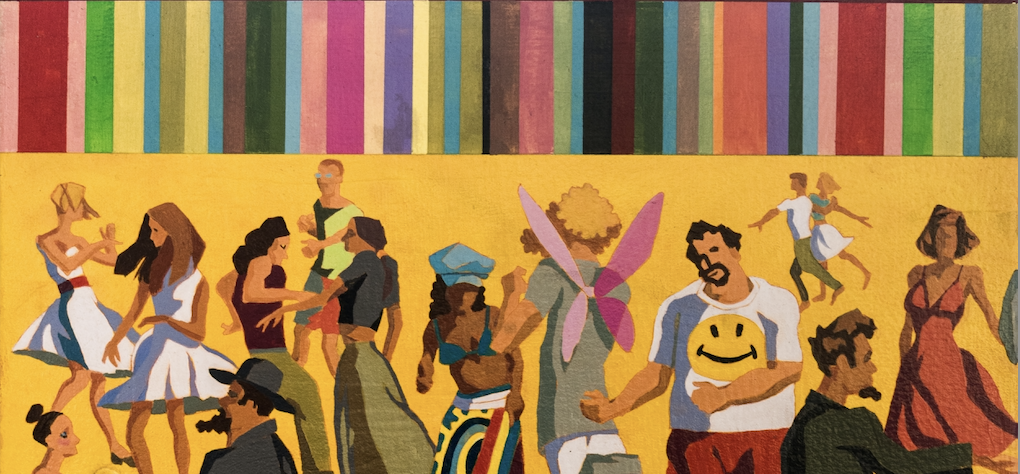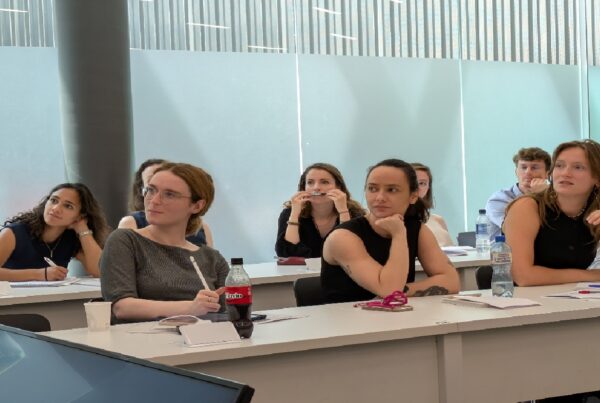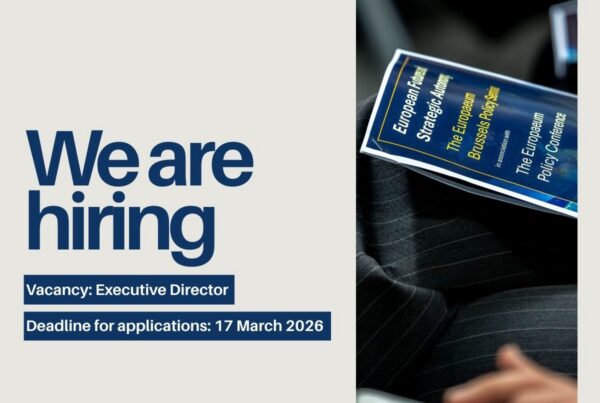
The Europaeum 2024 Summer School: Marginalised Histories – Cultural Heritage and Archives
University of St Andrews, 27–31 August 2024
Cultural heritage institutions in Europe and beyond are increasingly rethinking how to present their objects and collections in light of calls for inclusion and diversity. The academy is likewise concerned with expanding understandings of diverse cultural histories, by addressing the absence and marginalisation of particular communities in those histories, and interrogating the power hierarchies present in the writing of history and in the preservation of culture. Calls for decolonialisation from within the academy and beyond necessitate a rethinking of how we historicise and archive cultural artefacts. Meanwhile, digitisation and other digital tools creates new possibilities for access and engagement with archival materials while raising ethical considerations about reuse and reappropriation. In the face of widespread cuts to the arts and cultural heritage sector, alongside heightened political and cultural strife, in Europe and across the globe, what is the future of ensuring our visual and material cultures become more inclusive?
This Europaeum Summer School addresses the question of marginalised histories in relation to issues of cultural heritage and archival research. It seeks to explore the ways in which scholars are engaging with histories that have received less attention both within the academy and beyond, the legacies of historical absence and the ways in which these are being addressed through practices of cultural heritage and other forms of preservation. How do historiographical practices need to be changed in order to be more inclusive? How might research methods need to be adapted in order to engage with partial or absent materials? What are the ethical implications of researching histories of marginalised communities? What is the role of the institution in preserving cultural heritage of previously under-represented or even lost histories?
The event will explore the topic of marginalised histories through three main themes: communities, materials, and legacies. These themes will provide the basis for interdisciplinary discussions and workshops exploring a range of research methodologies and approaches to historiographical research, cultural heritage, and archival practice.
We invite applications from master’s and doctoral candidates at Europaeum member universities who wish either just to join the discussions or to present a 15-minute paper based on their research. We especially welcome proposals for papers engaging the following fields:
- Histories of marginalised communities in Europe
- Historiographical approaches to the visual culture of Europe
- Materialist approaches to the archive
- Ethical and sustainable practices of archiving and preservation
- European policies of cultural heritage
Participants will hear from experts in their field such as Professor Glyn Davis, Professor Tom Rice, Dr Lucy Fife Donaldson and Dr Dora Osbourne. Those not presenting a paper will be allocated a role as discussant to kick-start Q&A sessions following on from presentations. Successful applicants will be provided with free accommodation and reimbursed reasonable travel expenses.
Applications should include the Europaeum application form, a brief CV, a statement of purpose (up to 500 words), and a reference letter from their supervisor or academic advisor. Those who wish to submit a paper should also add a short abstract of the proposed paper (up to 500 words).
For more information about how to apply visit the events and activities page.
Click here for General Guidance for Applicants.
Click here for the Rules for Participating in Europaeum events.
Deadline for submission of applications and abstracts: 2 April 2024.
All submissions should be sent to applications@europaeum.org



